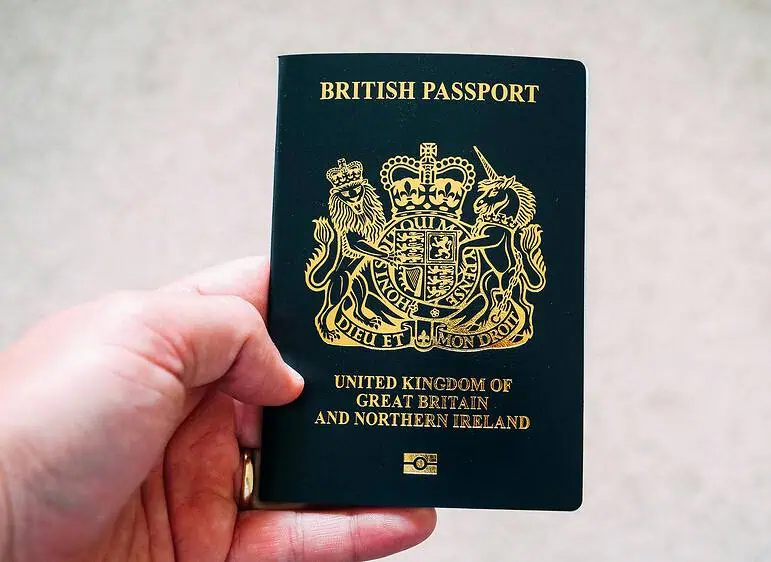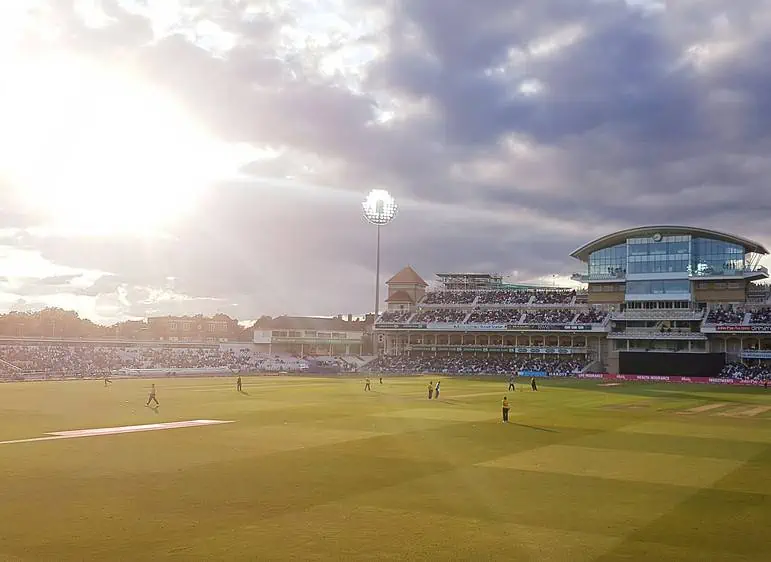
Day in the life: Sports Department Manager
Debbie Street
Sports Department Manager
Debbie joined Travel Places in 2002 to lead the Sports Department. As a team of flight specialists, the department’s role is to source and book the flights for multiple clients from professional sports teams or organisations, to media groups and sponsors travelling to major sporting events across the globe, such as The Invictus Games, Football World Cup and the Olympic and Paralympic Games. The team works closely with our events, hotels and transfers departments to offer a full service travel solution for our clients.
We speak to Debbie in the run up to 2020, a busy year for the Sports Department.
Travel Places: Thanks for taking the time out Debbie I know you’re very busy at the moment, what are you working on?
Debbie Street: Well, 2020 is set to be a very busy year. It is of course an Olympic and Paralympic year so we have a lot of clients travelling out for these events. We also have the Euro’s, Moto GP and other sporting events based around Cycling, Skiing, Tennis, Shooting and Rowing plus many others, so the team are flat out working on all of these now.
TP: How far in advance do you start working with clients for flights to a major event?
DS: Preparations start at least 18 – 24 months out from the flight date. Traditionally, flights come into range 11-12 months before departure. In the year preceding live availability we will have spent time with the clients to understand their needs; look at the best routings, carrier options, which airports they would prefer – even taking into consideration the potential aircraft required, based on luggage and equipment needs. Clients send us their expected traveller numbers with dates of travel, so that we have a clear understanding of needs across all clients travelling to these events, we then initiate conversations with the airlines.
TP: How closely do you work with the airlines on a major event?
DS: Very closely. We have group account managers generally within all the major airlines that we deal with directly. It is definitely these relationships, along with previous learnings and experience that ensures we offer our clients the best possible solution for their team’s needs. With some airlines – such as BA, we have a dedicated line of request within the groups department, with a team of people working on our requirements.
TP: Once flights come into range, what happens next?
DS: We confirm the number of seats and fares with clients, who then confirm the number of seats they require per date. There is often a bit of too-ing and fro-ing as we confirm these final numbers. We then manage changes right up to the departure dates, that’s just the nature of working with professional sporting teams and organisations. We then add in traveller details to the bookings, liaising with the airlines throughout this process.
TP: How do you manage seat allocations with limited availability?
DS: For group bookings we are usually allocated a group of seats together. If we have access to these, we allocate seats specific to the needs of the travellers. Some athletes travel in economy class, but can be over 6 feet tall, so we endeavour to secure bulkhead seats or aisle seats where possible.
TP: What’s your favourite thing about your job?
DS: It’s got to be the variety of what we do, no event is the same. We look after so many different types of sports and media companies; groups with firearms, pole vaults, physio beds, canoes or large camera equipment – the list is endless and all bring their own challenges.
I often get to work with athletes travelling out to compete in the biggest event of their lives, so to book their flights and then see them either on TV or at the event taking home a medal gives you a very special feeling – being a small cog in a big wheel. As a team we are very proud of the work we do.


